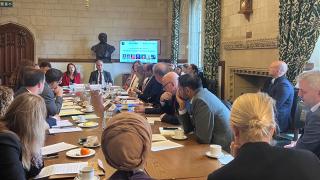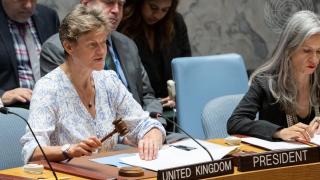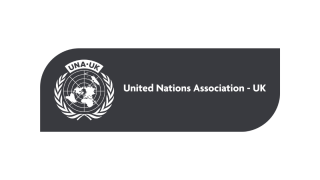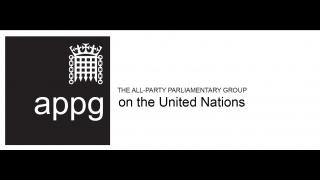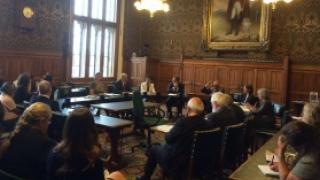
Tuesday's meeting of the All-Party Parliamentary Group (APPG) on the United Nations explored the future of international development as the world transitions from the Millennium Development Goals to a more ambitious successor. Organised by UNA-UK, the meeting was well-attended by parliamentarians and members of civil society.
Panellists at Tuesday’s meeting included three Assistant Secretaries-General of the UN Development Programme (UNDP): Michael O’Neill for External Relations, Magdy Martínez-Solimán for Policy and Programmes and Izumi Nakamitsu for Crisis Response. Presenting the UK stance on post-2015 development was Melinda Bohannon, Deputy Director for Post 2015 at the Department for International Development.
Mr O’Neill’s opening remarks focused on how the proposed set of Sustainable Development Goals (SDGs) – due to be agreed by UN member states in September – will shape the UNDP’s future objectives. He explained that the Programme’s two main priorities are: governance – helping countries to deliver basic services to their people; and resilience – supporting countries “to be better prepared for shocks”, whether natural or conflict-related.
Resilience emerged as a common theme during the meeting, with several audience members expressing concern that the SDGs will not be achievable unless more money is invested in capacity-building, rather than overseas aid. Mr Martínez-Solimán agreed that the focus should be on “the bottlenecks that prevent development from happening” – such as gender disparity in education and employment – rather than solely the end result.
For the UNDP, this means a greater focus on creating impact that is context-specific, taking into account the needs of each country. The panellists said this would be achieved by increasing the number of staff in the field, as well as developing more comprehensive monitoring and evaluation procedures.
Speaking on behalf of DFID, Ms Bohannon noted three ways that the SDGs differ from their predecessor:
- universality - every country, rich and poor, will be measured against the new goals;
- greater breadth and complexity including 17 goals and 169 targets;
- legitimacy - the goals are the product of widespread consultation with all member states.
Ms Bohannon revealed that the UK’s top priority for the new development agenda was “eradicating extreme poverty and leaving no one behind”, with a specific focus on tackling corruption and the causes of conflict, and driving gender equality.
During the meeting, the forthcoming Financing for Development Conference (13-16 July 2015) was identified on numerous occasions as an important opportunity for states to ensure that the ambition of the SDGs is underpinned by a solid financial framework.

